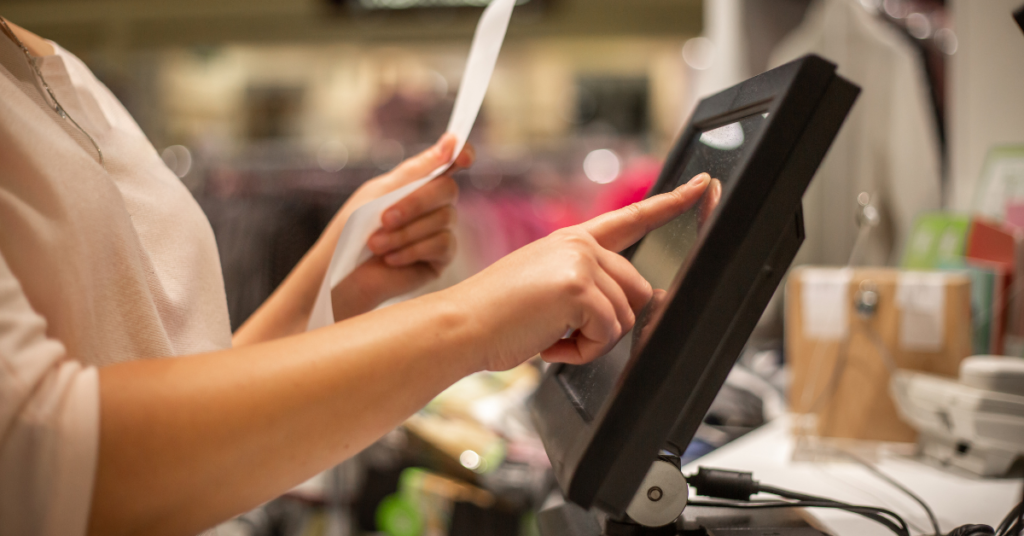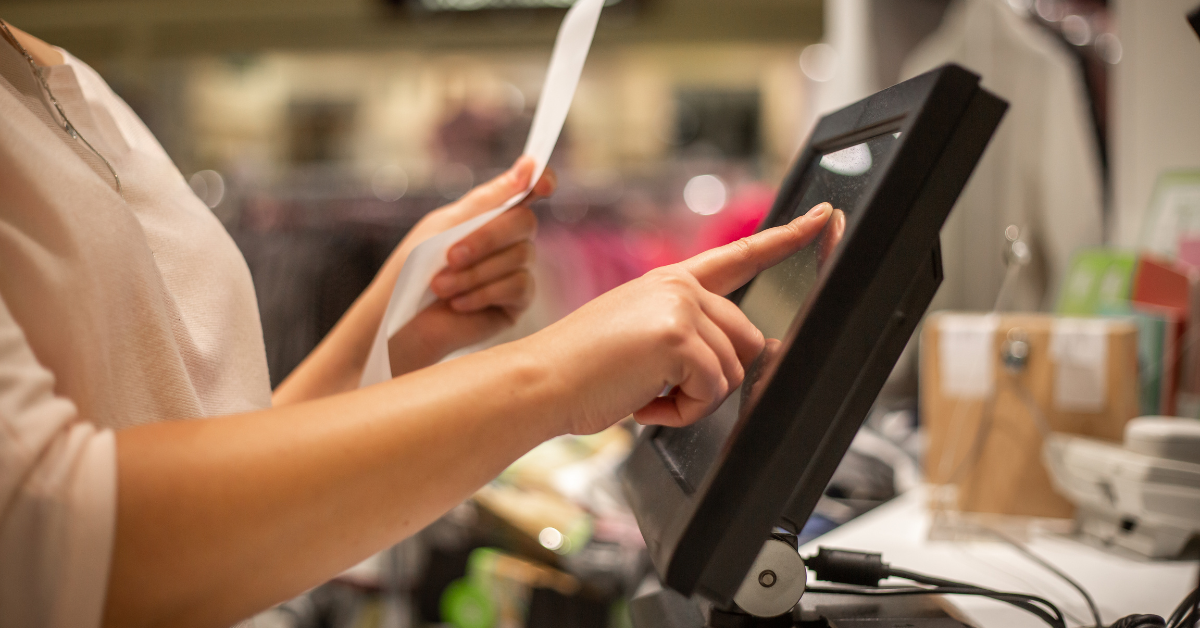How POS Technology Makes Every Sale Feel Personal

In the fast-paced world of modern retail and hospitality, customer expectations are higher than ever. People don’t just want to buy a product — they want a personalized shopping experience that makes them feel valued and understood. This is where POS (Point of Sale) technology comes in. Far more than just a payment processing tool, modern POS systems are transforming the way businesses connect with their customers, making every sale feel personal and meaningful.
1. Understanding Customers Beyond the Transaction
A modern POS system does more than ring up sales — it captures valuable customer data. Every purchase provides insights into who your customers are, what they like, how often they shop, and even how they prefer to pay.
This data becomes the foundation for personalization. With a few clicks, business owners can see what products a customer buys most frequently or when they tend to visit. For example, a café owner might notice that a customer regularly orders an iced latte every weekday morning. With this information, they can offer a special discount or a loyalty reward — turning a simple transaction into a personalized experience that keeps the customer coming back.
By understanding patterns and preferences, businesses can make every customer interaction feel tailored and genuine.
2. Personalization Through Loyalty Programs
One of the most powerful features of POS technology is its ability to integrate loyalty programs directly into the system. Customers love to feel appreciated, and loyalty programs are a great way to make that happen.
When a customer swipes their loyalty card or enters their phone number at checkout, the POS instantly recalls their history — points earned, past purchases, and favorite products. This allows the system to offer personalized rewards, such as discounts on items they frequently buy or special birthday offers.
This level of personalization not only boosts sales but also strengthens emotional connections with your brand. Customers feel recognized and valued, which builds long-term loyalty and trust.
3. Tailored Promotions and Targeted Offers
POS technology enables businesses to move away from generic promotions and toward data-driven marketing. Instead of sending the same offer to everyone, businesses can create targeted deals based on actual customer behavior.
For example, if a POS system shows that certain customers often buy bakery items but rarely purchase beverages, you can offer a limited-time discount on coffee when they buy their favorite pastries. This approach feels personal because the offer is relevant to their interests and buying habits.
With built-in analytics, POS systems make it easy to track which promotions work best and adjust marketing efforts accordingly. The result? More effective promotions and happier customers who feel like your offers were made just for them.
4. Enhancing Customer Communication
POS systems can also be integrated with email and SMS marketing tools, allowing you to communicate directly with customers in a personalized way. For instance, after a purchase, your POS can automatically send a thank-you message, a digital receipt, or a personalized follow-up email with product recommendations based on their recent buys.
Imagine a customer who buys a skincare product from your store. A few days later, they receive a message saying, “We hope you’re loving your new moisturizer! Did you know it pairs perfectly with our vitamin C serum?” This type of thoughtful communication not only drives repeat sales but also builds stronger relationships.
When customers feel remembered and cared for, they’re more likely to return — and even recommend your business to others.
5. Empowering Staff to Deliver Personal Service
POS technology doesn’t just help owners — it empowers employees to deliver better service too. With instant access to customer profiles, purchase history, and preferences, staff can greet customers by name, make personalized product suggestions, and handle inquiries more efficiently.
For example, a restaurant server can quickly see a returning customer’s favorite dish or preferred table, creating a sense of familiarity and warmth. This personal touch enhances the overall dining experience and turns regular visitors into loyal patrons.
Conclusion
In an age where personalization defines customer satisfaction, POS technology is the bridge between data and human connection. It helps businesses go beyond transactions to truly understand, engage, and delight their customers.
By leveraging POS systems for loyalty programs, personalized offers, communication, and staff empowerment, every sale becomes more than just a number — it becomes a personal experience.
When customers feel seen and appreciated, they don’t just buy; they build relationships with your brand. And that’s the true power of modern POS technology — making every sale feel like it was made just for them.






